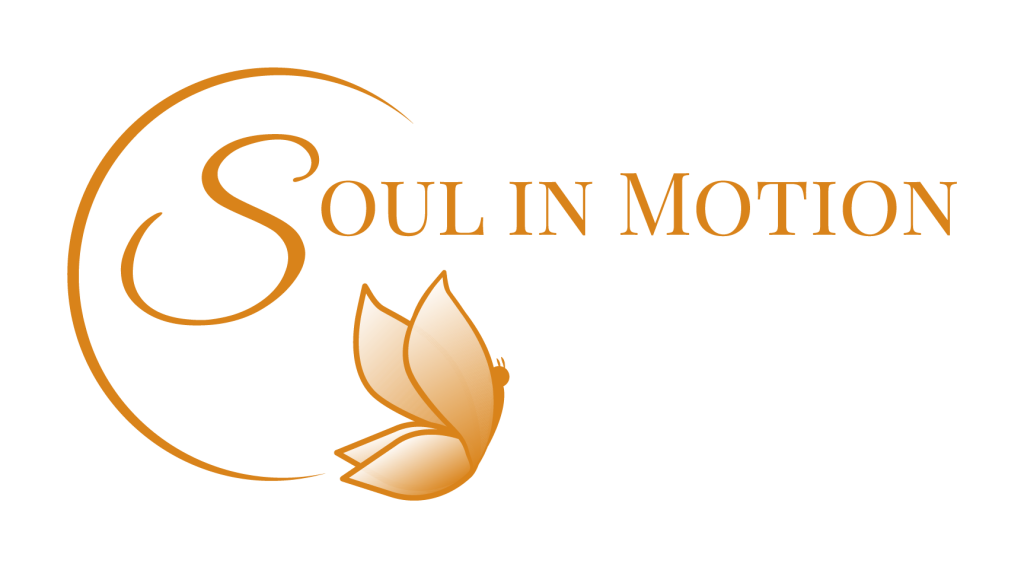
How Childhood Trauma Impacts Us as Adults, Why It Isn’t Your Fault, And What To Do About It
Childhood trauma doesn’t disappear just because we grow up. Our nervous system, relationships, and beliefs often carry the imprint of early experiences long into adulthood. In this article, I explore how childhood trauma shapes emotional patterns, attachment, and stress responses—and why your reactions make sense. With evidence-based insights from somatic therapy, attachment science, and neuroscience, you’ll learn how these patterns form and why healing is absolutely possible.








